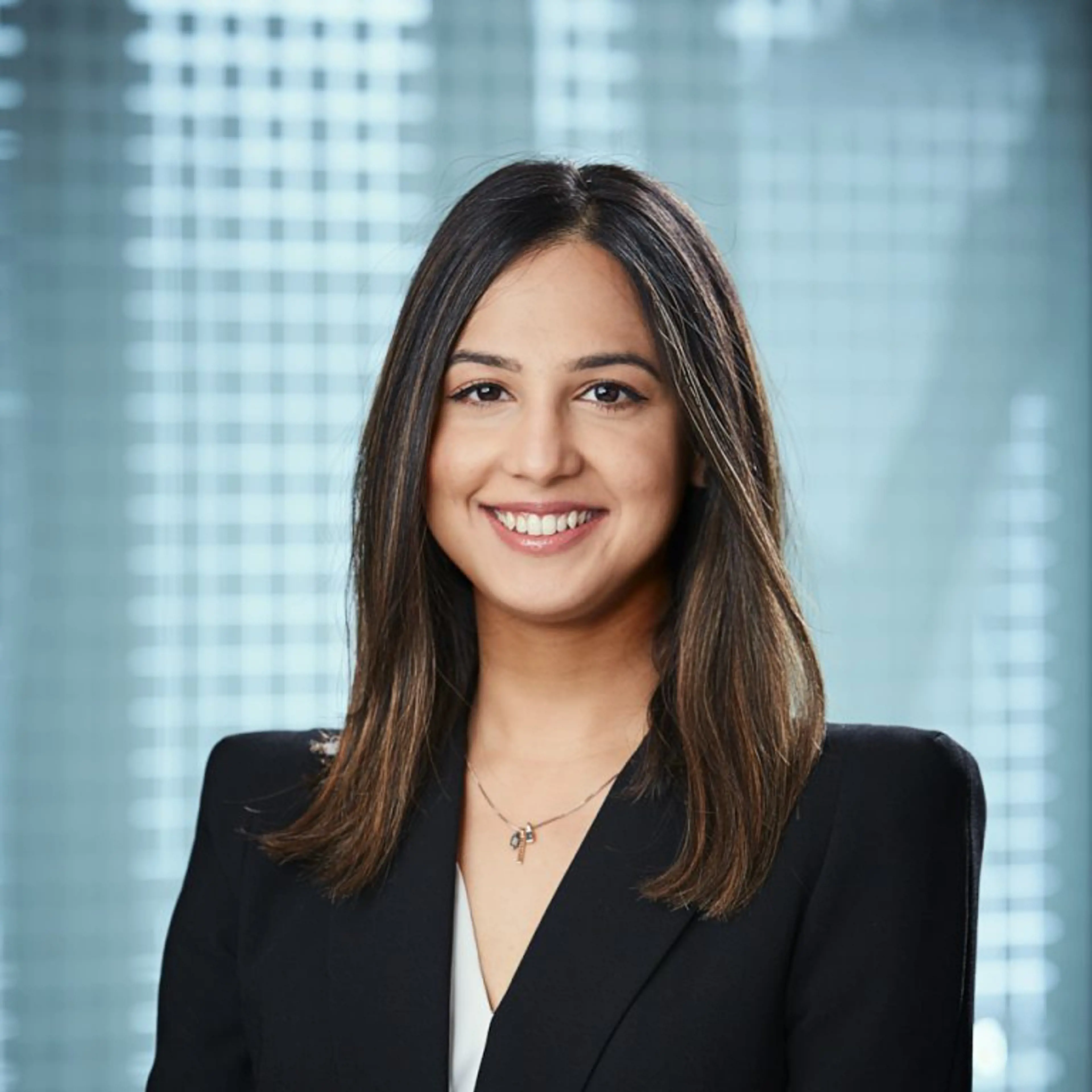Why did you choose the Copenhagen MBA?
I think it was really important for my ambitions in leadership to get my MBA and to find the right programme for that. When I was searching, what it really came down to was that Copenhagen ranked well, there’s a lot of good coverage about it and the sustainability focus was a key part in my decision too. I didn’t have so much of an in-depth knowledge in that [sustainability] area and I knew if I went for CBS, and this programme, that I would definitely get much more exposure to it.
What skills did you gain in your MBA that you apply to your current role?
One of my biggest takeaways from the MBA programme was the leadership tools we were taught. The programme really puts an emphasis on that. We learned a lot about how to use our emotional intelligence, how we look at situations, how to understand the dynamics of them and what leadership style to apply there.
The concentration I took was called Digitalisation and having that background and understanding of it [digitalisation] really eased my transition into working with an agile set up – as opposed to a traditional workflow – at my current job.
What is one piece of advice you would give to those embarking on an MBA journey?
It helps to have a good idea from the beginning about what direction you want to go in. There’s a bit of an exploration phase for a lot of people when they come into an MBA but if you take the time to find out what motivates and interests you earlier on, then you can target it later in the programme – that’ll be really advantageous. Also, if you already know what industry you want to go into for example finance, then you can place more weight on specific events that are finance based or in the finance realm.
Also, at the end of the day it’s not all about grades. I know for certain career paths you should be getting the highest marks possible but in general, while the grades you achieve are great to have on your CV, what’s more important is making those connections.

